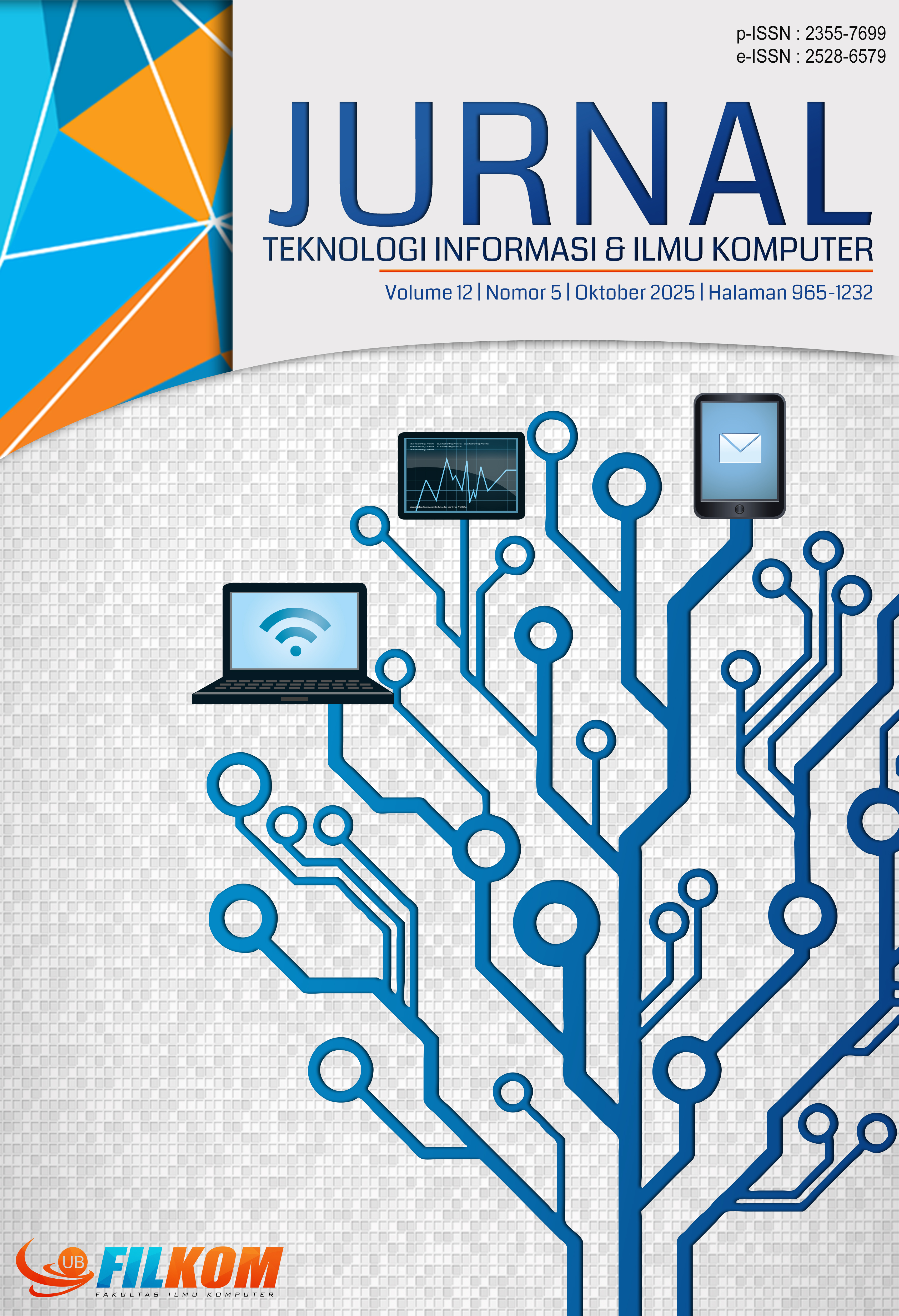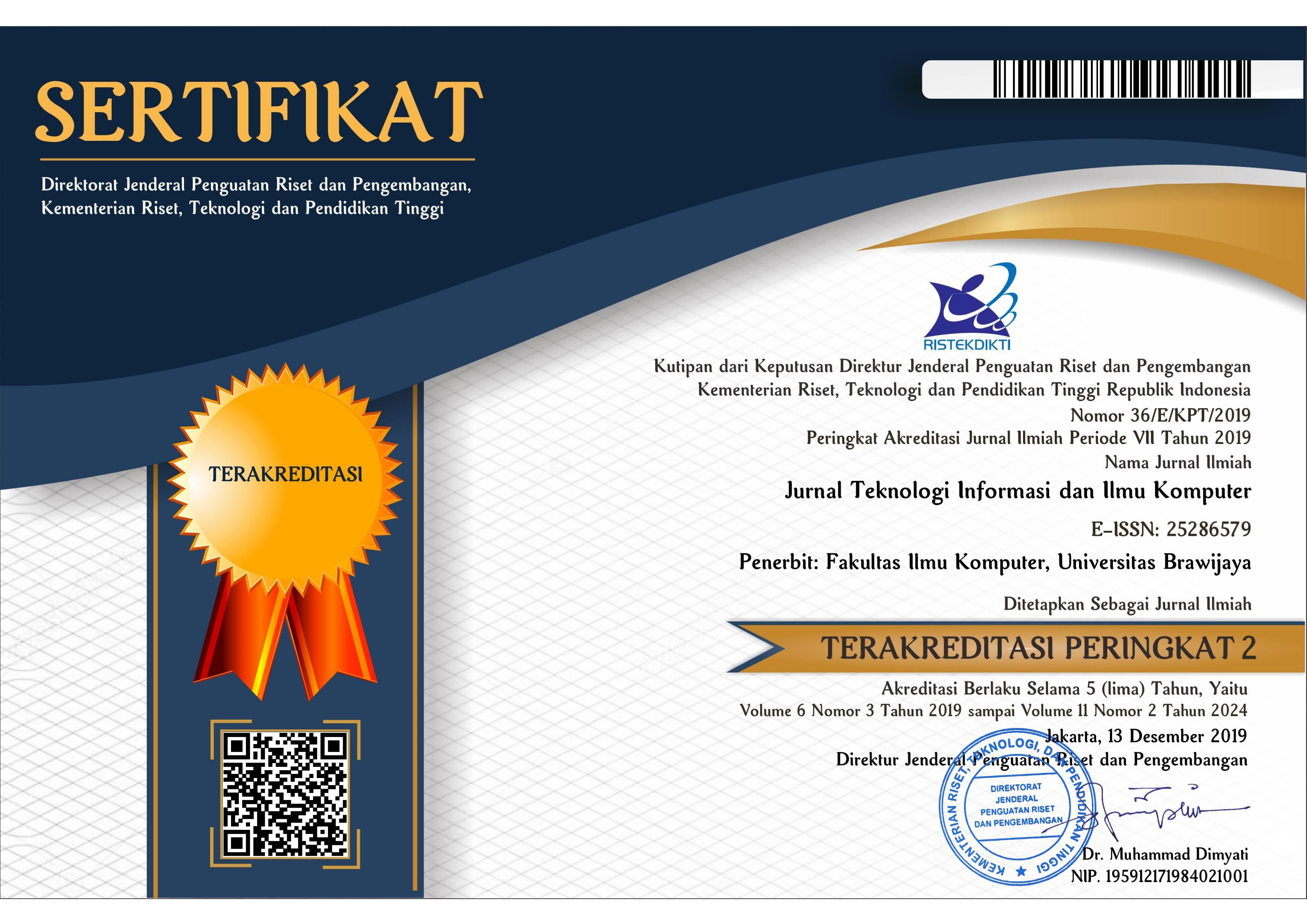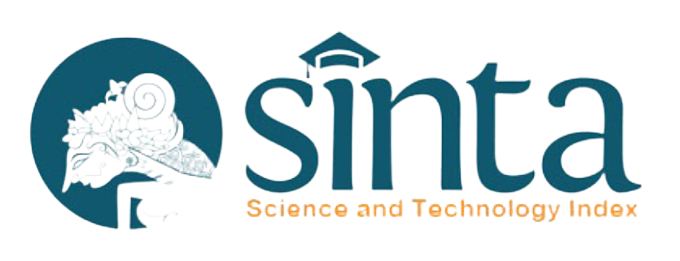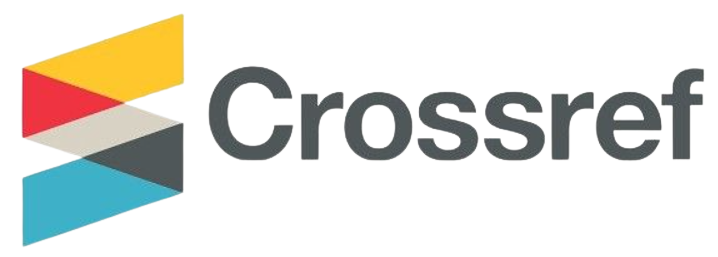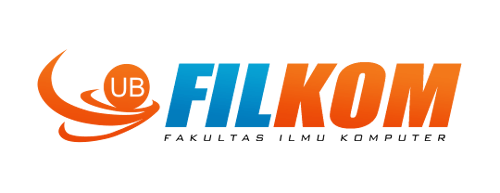Pengembangan dan Validasi Instrumen Kuesioner pada Model Evaluasi Game Digital Meega+ dengan Exploratory Factor Analysis (EFA) dan Cronbach’s Alpha
DOI:
https://doi.org/10.25126/jtiik.2025125Kata Kunci:
Instrument Development; Questionnaire Validation; MEEGA+ Model; Digital Educational Games; Minecraft; Duolingo.Abstrak
Kemajuan pesat teknologi Game Edukasi Digital (DEG) berimbas pada meningkatnya kebutuhan evaluasi terhadap game edukasi yang lebih reliabel (dapat diandalkan). Model evaluasi MEEGA+ saat ini masih memiliki keterbatasan dalam hal aspek control dan feedback yang memiliki dampak pada nilai hasil evaluasi. Penelitian ini bertujuan untuk mengembangkan dan memvalidasi instrumen kuesioner MEEGA+ yang berbasis pada pendekatan statistik, termasuk Exploratory Factor Analysis (EFA) dan Cronbach’s Alpha, untuk meningkatkan keandalan dan validitas evaluasi DEG. Metode penelitian yang digunakan adalah pendekatan kuantitatif dengan desain survei eksplanatori. Instrumen dikembangkan berdasarkan model MEEGA+ yang dimodifikasi, kemudian diuji melalui penyebaran kuesioner daring kepada responden. Studi kasus dilakukan pada game edukasi Minecraft dan Duolingo melalui survei secara daring dengan melibatkan 1.200 siswa SMA yang tersebar di seluruh wilayah Indonesia. Data yang terkumpul dianalisis menggunakan teknik Exploratory Factor Analysis (EFA) untuk mengidentifikasi struktur faktor, dan dilanjutkan dengan pengujian reliabilitas menggunakan nilai Cronbach’s Alpha pada berbagai variasi jumlah butir pertanyaan. Analisis dilakukan melalui variasi kombinasi pertanyaan (sebanyak 1, 2, dan 3 butir). Hasil penelitian kemudian menunjukkan bahwa kuesioner dengan hanya 2 butir pertanyaan (a dan b) ternyata menghasilkan reliabilitas tertinggi dengan nilai Cronbach’s Alpha sebesar 0,903 untuk game edukasi Minecraft dan 0,913 untuk game edukasi bahasa Duolingo. Hasil ini tentu saja melampaui nilai Cronbach’s Alpha model MEEGA+ saat ini yaitu hanya sebesar 0,866. Temuan ini memberikan kontribusi dalam pengembangan instrument alat evaluasi MEEGA+, sekaligus juga mencerminkan kebaruan dalam pendekatan yang digunakan. Instrumen temuan ini diharapkan mampu menjadi alat evaluasi yang lebih relevan dan signifikan untuk mendukung peningkatan kualitas DEG dalam pendidikan modern saat ini dan kedepannya nanti.
Abstract
The rapid advancement of Digital Educational Game (DEG) technology has resulted in the increasing need for more reliable evaluation of educational games. The current MEEGA+ evaluation model still has limitations regarding control and feedback aspects that impact the evaluation result value. This study aims to develop and validate the MEEGA+ questionnaire instrument based on a statistical approach, including Exploratory Factor Analysis (EFA) and Cronbach's Alpha, to improve the reliability and validity of the DEG evaluation. The research method used is a quantitative approach with an explanatory survey design. The instrument was developed based on the modified MEEGA+ model, then tested through the distribution of online questionnaires to respondents. The case study was conducted on Minecraft and Duolingo educational games through an online survey involving 1,200 high school students spread throughout Indonesia. The collected data was analyzed using the Exploratory Factor Analysis (EFA) technique to identify the factor structure and continued with reliability testing using Cronbach's Alpha values on various variations in the number of questions. The analysis was done through various question combinations (as many as 1, 2, and 3 items). The study results then showed that the questionnaire with only two questions (a and b) produced the highest reliability with a Cronbach's Alpha value of 0.903 for the Minecraft educational game and 0.913 for the Duolingo language educational game. These results certainly exceed the Cronbach's Alpha value of the current MEEGA+ model, which is only 0.866. These findings contribute to developing the MEEGA+ evaluation tool instrument while also reflecting the novelty of the approach used. It is anticipated that the results of this instrument will be a more pertinent and important assessment tool to help raise the standard of DEG in contemporary education both now and in the future.
Downloads
Referensi
ALVARADO RODRIGUEZ, R. A., & ROSADO CUSME, K. A. 2023. Use of gamification as a pedagogical strategy to strengthen the understanding of application problems with rational numbers. Minerva, 2023(Special), 64–73. https://doi.org/10.47460/minerva.v2023ispecial.118
ARDANI, R. A., RACHMAWATI, A. K., SALSABILA, N. H., & NINGTIYAS, F. A. 2023. How to Determine The Quality of Game-Based Media for Mathematics Learning? Mandalika Mathematics and Educations Journal, 5(1), 97–109. https://doi.org/10.29303/jm.v5i1.4830
BASANTES-ANDRADE, A., LÓPEZ-GUTIÉRREZ, J. C., MORA GRIJALVA, M., & RICARDO, Y. 2023. Validity and reliability of the questionnaire of academic knowledge of teachers of basic general education. F1000Research, 12, 1–15. https://doi.org/10.12688/f1000research.134261.1
BIGDELI SHAMLOO, M. B., ELAHI, N., ASADI ZAKER, M., ZAREA, K., & ZAREIYAN, A. 2023. Designing and validating an adaptation questionnaire among the husbands of Iranian Muslim women with breast cancer. Frontiers in Public Health, 11(2). https://doi.org/10.3389/fpubh.2023.1073032
CADENA-BADILLA, J. M., LEÓN, R. H., BUSTAMANTE, A. H., QUIROGA, J. V., & MORENO, F. J. L. 2023. Validez factorial y consistencia del instrumento aplicado para determinar el emprendedurismo estudiantil universitario. South Florida Journal of Development, 4(4), 1648–1664. https://doi.org/10.46932/sfjdv4n4-017
EASAW, N., LEE, W. S., LOHIYA, P. S., JALAN, S., & PRADHAN, P. 2023. Estimation of correlation matrices from limited time series data using machine learning. Journal of Computational Science, 71. https://doi.org/10.1016/j.jocs.2023.102053
FADKHUROSI, A. 2023. Analisis Parson Product Moment dan Alpha Cronbach dalam Pengembangan Need Assesment Bimbingan dan Konseling. Jurnal Muria Research Guidance and Counseling (MRGC), 2(1), 40–47. https://doi.org/10.24176/mrgc.v2i1.9451
FATMA BURCU HANÇER, & DİLİDÜZGÜN, Ş. 2023. Ortaokul 6. Sınıf Edat ve Bağlaç Konusunda Başarı Testi Geliştirme: Güvenirlik ve Geçerlik Analizi. 11, 346–362.
GUI, Y., CAI, Z., YANG, Y., KONG, L., FAN, X., & TAI, R. H. 2023. Effectiveness of digital educational game and game design in STEM learning: a meta-analytic review. International Journal of STEM Education, 10(1). https://doi.org/10.1186/s40594-023-00424-9
HOEPPLI, M. E., THURSTON, T. S., ROY, M., LIGHT, A. R., AMANN, M., GRACELY, R. H., & SCHWEINHARDT, P. 2023. Development of a computerized 2D rating scale for continuous and simultaneous evaluation of two dimensions of a sensory stimulus. Frontiers in Psychology, 14(March), 1–12. https://doi.org/10.3389/fpsyg.2023.1127699
HUSSEY, I., ALSALTI, T., BOSCO, F., ELSON, M., & ARSLAN, R. 2020. An aberrant abundance of Cronbach ’ s alpha values at . 70. PsyArXiv, 1–16. 10.31234/osf.io/dm8xn
KALAYCI, R., & EŞGI, N. 2024. Development of the 21St Century Technology Literacy Skills Scale, Validity and Reliability Study. European Journal of Education Studies, 11(5), 175–195. https://doi.org/10.46827/ejes.v11i5.5293
LARSSON, G., HÖGLUND, M., & HENRYSSON, J. 2024. Test of a brief scale designed to measure high-level managers’ indirect leadership. Management Research Review, 47(1), 86–98. https://doi.org/10.1108/MRR-03-2022-0179
MARDIYYANINGSIH, A. N., ERLINA, E., ULFAH, M., & WAFIQ, A. F. 2023. Validity and Reliability of the Two-tier Diagnostic Test to Identify Students’ Alternative Conceptions of Intermolecular Forces. Jurnal Penelitian Pendidikan IPA, 9(6), 4375–4381. https://doi.org/10.29303/jppipa.v9i6.2797
PETRI, G., GRESSE, C., WANGENHEIM, V., & FERRETI BORGATTO, A. 2016. MEEGA+: an evolution of a model of educational games. July, 1–40. https://doi.org/10.1007/978-3-319-08234-9_214-1
SELKÄLÄ, A. T., & REIPS, U. D. 2023. A new two-dimensional question format in web survey design: Assimilation and contrast effects. Methodological Innovations, 16(2), 186–200. https://doi.org/10.1177/20597991231179392
SOYSAL, S. 2023. Çok Boyutlu Test Yapılarında Alfa, Tabakalı Alfa ve Omega Güvenirlik Katsayılarının Karşılaştırılması. Ahmet Keleşoğlu Eğitim Fakültesi Dergisi, 5, 213–236. https://doi.org/10.38151/akef.2023.51
THAMRIN, N. S., MADYA, S., PUTRO, N. H. P. S., MUSTAKIM, S. S., HASSAN, A., & RETNAWATI, H. 2023. Eclectic Approach: A Search for More Effective Assessment Ways to Meet EFL Assessment Principles. Studies in English Language and Education, 10(2), 668–685. https://doi.org/10.24815/siele.v10i2.26682
UYSAL, İ., ÖZDEN, F., TUNA, S., & TÜMTÜRK, İ. 2023. Psychometric properties of the Edinburgh Visual Gait Score in children with spastic cerebral palsy. Egyptian Pediatric Association Gazette, 71(1). https://doi.org/10.1186/s43054-023-00175-w
VÁZQUEZ-CANO, E., QUICIOS-GARCÍA, M. P., FOMBONA, J., & RODRÍGUEZ-ARCE, J. 2023. Latent factors on the design and adoption of gamified apps in primary education. In Education and Information Technologies (Vol. 28, Issue 11). Springer US. https://doi.org/10.1007/s10639-023-11797-3
Unduhan
Diterbitkan
Terbitan
Bagian
Lisensi
Hak Cipta (c) 2025 Jurnal Teknologi Informasi dan Ilmu Komputer

Artikel ini berlisensiCreative Commons Attribution-ShareAlike 4.0 International License.

Artikel ini berlisensi Creative Common Attribution-ShareAlike 4.0 International (CC BY-SA 4.0)
Penulis yang menerbitkan di jurnal ini menyetujui ketentuan berikut:
- Penulis menyimpan hak cipta dan memberikan jurnal hak penerbitan pertama naskah secara simultan dengan lisensi di bawah Creative Common Attribution-ShareAlike 4.0 International (CC BY-SA 4.0) yang mengizinkan orang lain untuk berbagi pekerjaan dengan sebuah pernyataan kepenulisan pekerjaan dan penerbitan awal di jurnal ini.
- Penulis bisa memasukkan ke dalam penyusunan kontraktual tambahan terpisah untuk distribusi non ekslusif versi kaya terbitan jurnal (contoh: mempostingnya ke repositori institusional atau menerbitkannya dalam sebuah buku), dengan pengakuan penerbitan awalnya di jurnal ini.
- Penulis diizinkan dan didorong untuk mem-posting karya mereka online (contoh: di repositori institusional atau di website mereka) sebelum dan selama proses penyerahan, karena dapat mengarahkan ke pertukaran produktif, seperti halnya sitiran yang lebih awal dan lebih hebat dari karya yang diterbitkan. (Lihat Efek Akses Terbuka).

